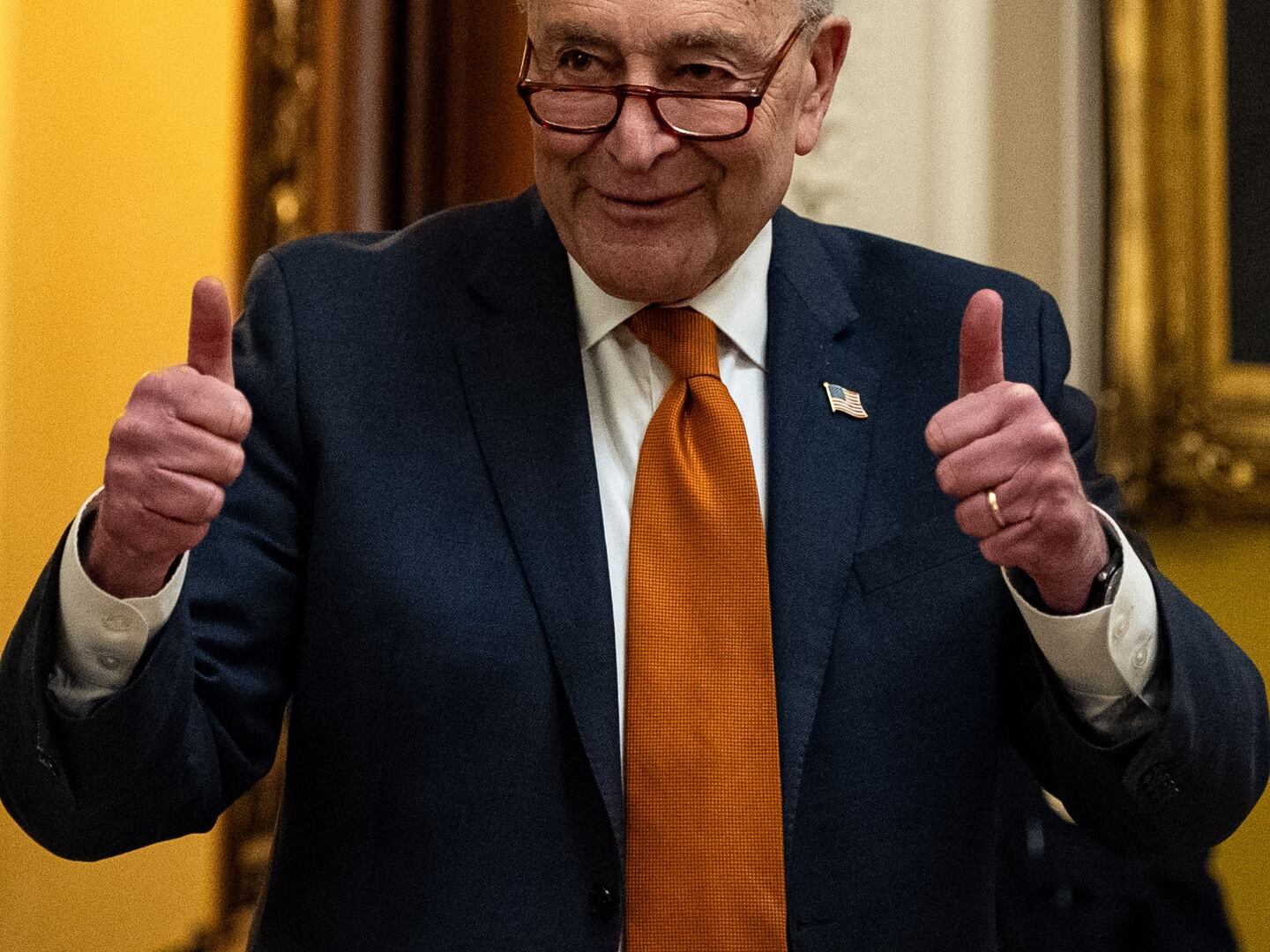Politics
Bill Clark/CQ Roll Call/Getty
The Chamber of Commerce Tried to Find a Middle Ground. It Ended Up Pissing Off Both Parties.
WILL YOU BE MY FRIEND?
The business lobby has found the Trump years difficult to navigate. It’s likely that the 2020 cycle didn’t help.

Trending Now






